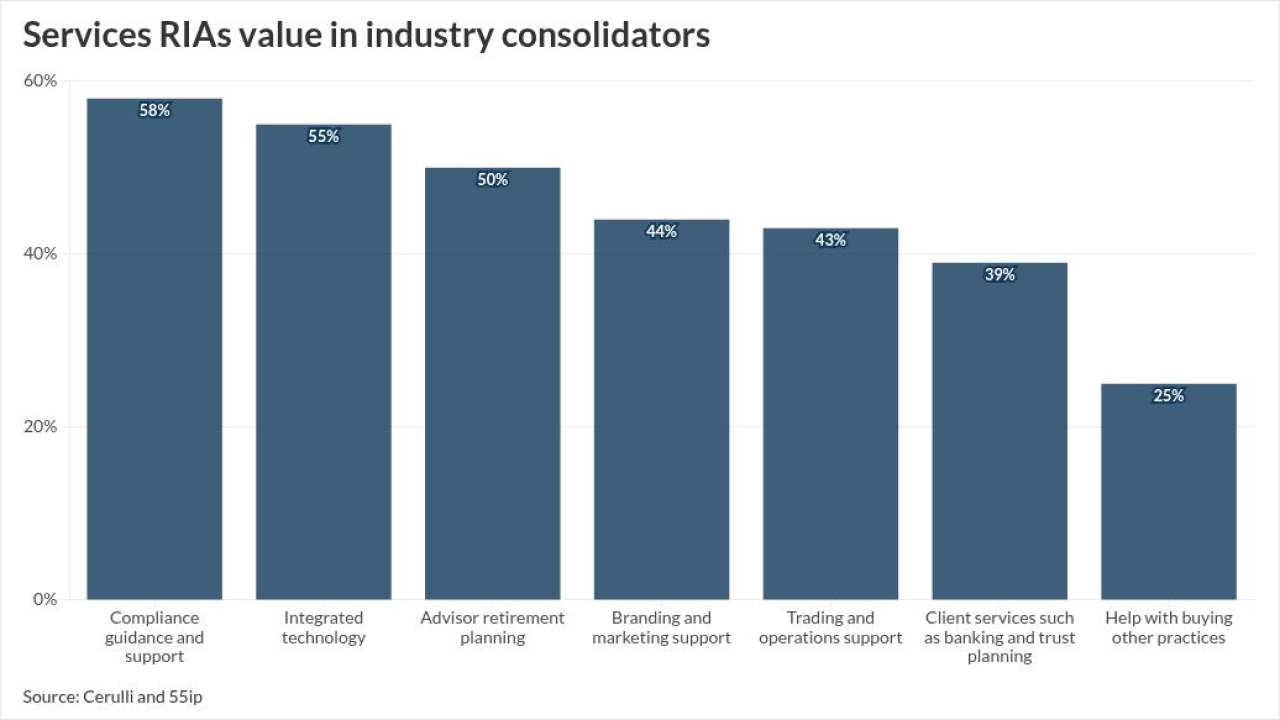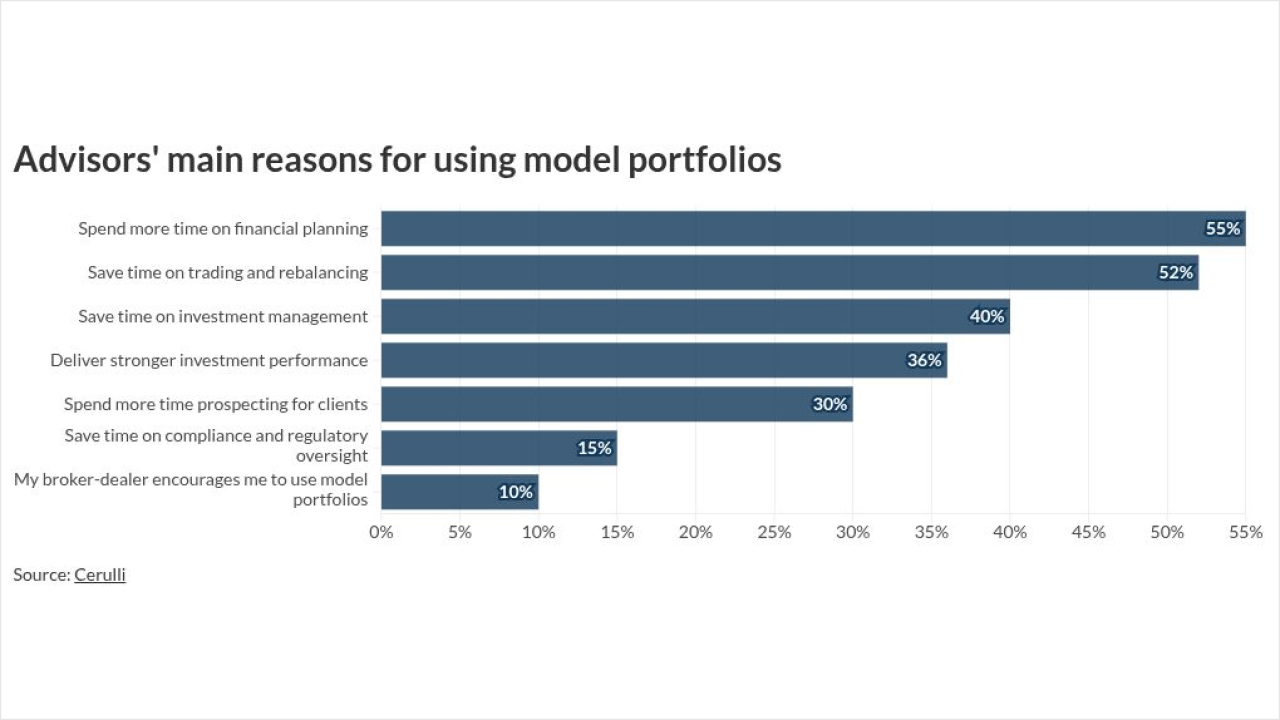Welcome back to "Ask an Advisor," the advice column where financial pros answer pressing investment questions. The topics can range from retirement to taxes to wealth management — or even advice on advising — and the questions are from real people.
This week's query comes from a 63-year-old psychotherapist in New York City, now entering a phase she calls "partial retirement." She and her husband have substantial savings and are vivacious and active, but their plans also have to account for an older family member. Here's what she wrote:
Dear advisor,
My husband and I are vibrant, solvent early retirees who provide care to my independent, but fragile, 97-year-old mother (also solvent). In order to pursue our own interests and travel plans, we are considering engaging a licensed home health aide to assist her with tasks she can no longer manage. For budgeting purposes, we'd like to understand whether such services are paid for by Medicare, and to what extent?
— Navigating in New York
Here are the answers we heard from advisors:






